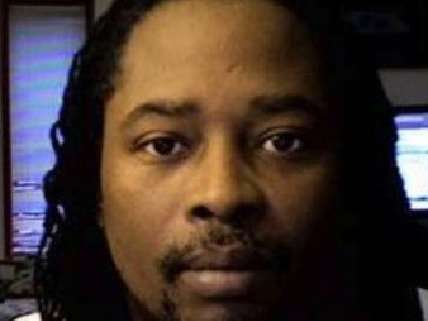University of Cincinnati Police Officer Shoots and Kills Driver That May Have Been Speeding Away
Pulled over for a missing a front license plate

On Sunday, 43-year-old Samuel Dubose was stopped by a University of Cincinnati cop for driving without a license plate at the front of the vehicle (the incident didn't happen on campus, but the city apparently has a "mutual aid agreement" that permits university cops to operate off-campus), and was eventually shot once in the head by the police officer, Ray Tensing.
Cincinnati police, who are investigating the incident, say that the cop asked Dubose for his license but received a bottle of alcohol instead, after which "there was a struggle at the door" before Dubose sped away. Police say Tensing then fired a single shot, killing the drive. Initial reports said Tensing sustained injuries—according to police, those came when he fell to the ground after firing his gun, which bruised his leg and tore his uniform.
The police version of events seem to suggest the cop shot Dubose as he was speeding away, in which case it's difficult to see how the cop could even claim he feared for his life. No worries—his job privileges give him 24 to 48 hours to talk to his attorneys before making an official statement. That ought to be enough time to concoct a story that makes the shooting appear justified. Tensing was suspended with pay. The city says it has body cam footage from Tensing but won't release it until their investigation is over. This is not, obviously, standard operating procedure when cop have video of a crime that doesn't include a law enforcement official.
CNN reports Dubose has more than 60 arrests on his record, so the incident is already entering familiar territory, debates over who's an angel, as if your record could justify otherwise criminal action by a op, racism (Dubose is black, the cop is white), whether people who don't obey cops deserve to die, pretty much everything but the important issues: why Tensing got 48 hours to get his story straight before speaking to investigators, why the university can't fire him unless there's some kind of conviction, why the body camera won't be release now when surveillance footage of crimes generally is, and what kind of rules of engagement police, campus or otherwise, should operate under when they're in the streets.


Show Comments (59)